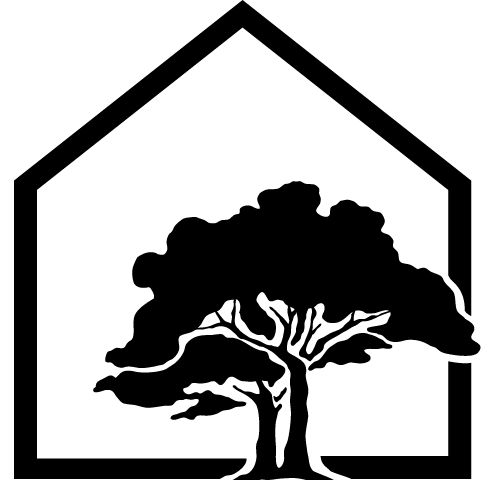Since issuing our last newsletter titled, NetZero Doesn't Sell, we have received all manner of responses. I have yet to experience such impassioned communication resulting from one of our newsletters.
Some of the responses have been positive, most have not.
The not good...
"I don't believe a 'few weeks' as you indicate below should be the litmus test for sales and most importantly should not be verbalized to the community..."
"I think to say that 'net zero doesn't sell' when we have very few examples of true net zero energy residences in the greater area is irresponsible..."
"I don't think you should make universal statements based on a sample size of two..."
"I think you can say..." this or that thing
"I don't think you should..." make this or that statement
And so on.
The good...
"Keep speaking your truth"
"Thanks for sharing even when the news isn't the best for you guys or maybe what we want to hear, good for you."
Comparisons and references have been made to the Bullitt Center, zHome in Issaquah, and Bainbridge Island NetZero project. Assertions made about premiums for green homes and buildings. I sincerely respect and appreciate the responses our newsletter has generated. For this reason I am responding with an explanation of our intentions.
Green Canopy's mission is...
to inspire resource efficiency in residential markets. By "residential markets" we mean homebuyers, sellers AND all players in the real estate market: Real Estate Agents, Lenders and Investors, and builders. We strive extremely hard to accomplish our mission by paying close attention to what is required by the market to be inspired. When we titled our newsletter, Netzero Doesn't Sell, we were only referring to the project that was referenced in the newsletter, and that project only. We did not offer comparisons to any other project. We made a declarative statement referring to our project as a note of caution and optimism for other builders... green efficiency does sell, but promoting this project as NetZero hurt its salability. As stated in the newsletter, "netzero in Seattle doesn't sell quickly." As a builder in a red hot real estate market we cannot afford to have projects linger. The longer a home sits verses comparably priced product negatively impacts the overall market perception of the home, driving the price down beyond our control.
My observations:
The hyper or deep green efficient homebuyer in today's market is still an outlier. Very few certified LEED for Homes have been offered for sale in this market and fewer still netzero homes. This suggests that there is little demand for super deep green homes on behalf of homebuyers, otherwise this simply would not be the case. This does not suggest that the deep green buyer doesn't exist. They absolutely do exist, and they are minority players in the larger market.
My conclusions:
Green Canopy will continue to target the larger market, not the outliers, by offering green efficient homes that inspire along our brand pillars: value, innovation, beauty, efficiency. In targeting the larger market we hope to help transform the market. Demonstration projects such as zHome and the Bullitt Center are incredibly helpful in demonstrating to the market what is possible. I am thankful for these projects. They create awareness and incrementally increase demand. However, the typical builder cannot afford to build demonstration projects due to the combination of the additional cost and risk... getting out in front of the market, selling product to outliers, is not a recipe for success for a market-based, for-profit company regardless of the sector.
The challenge for Green Canopy is to build and remodel homes that: (1.) buyers want to buy (2.) allow us to have a sustainable profit margin and (3.) inspire resource efficiency... all at the same time. Remove any one, or all of these criteria and building the project gets easier and is typically the role of either government, well-intentioned non-profits, or non-mission driven companies. If Green Canopy can consistently deliver on all three of these criteria we will enjoy a sustained competitive advantage for years to come and perhaps one day claim success in our hope to transform the market to consider green efficiency when homes are bought and sold.
Sincerely,
Aaron Fairchild, CEO


